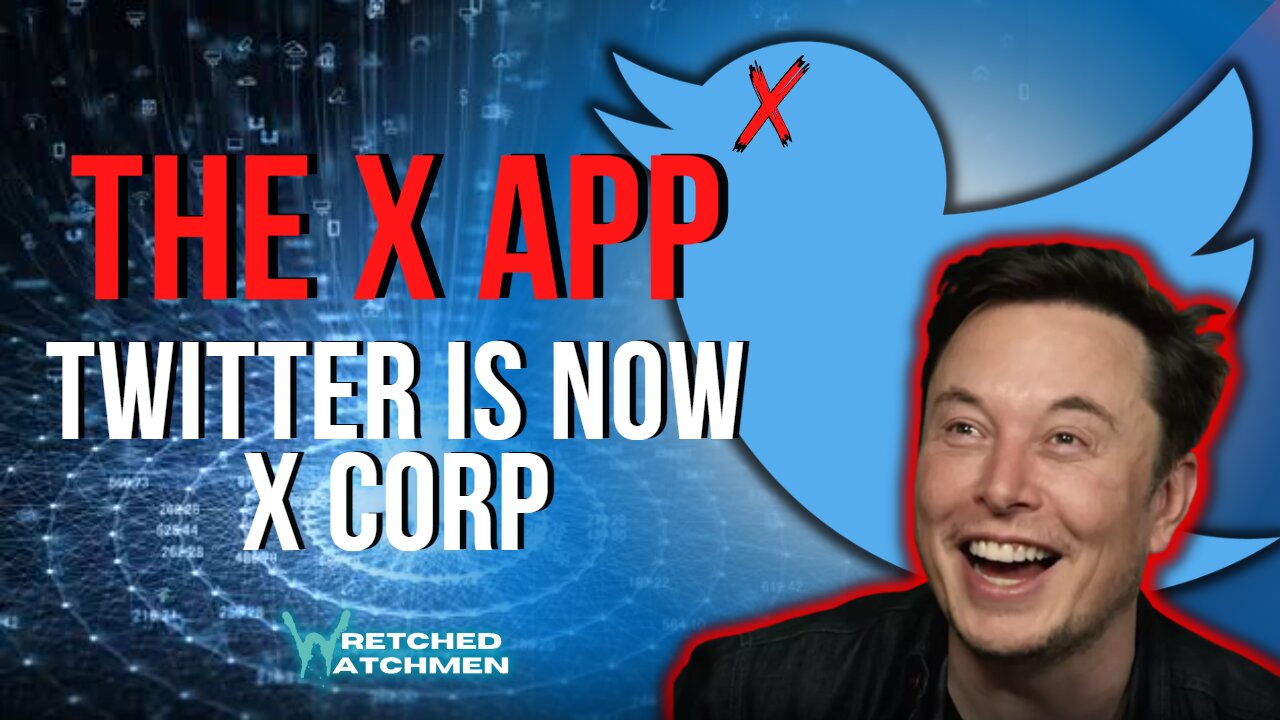Twitter Warns of Legal Action Against Nonprofit Tracking Hate Speech: Accusation of Trying to Harm Social Platform
Twitter Warns of Legal Action Against Nonprofit Tracking Hate Speech: Accusation of Trying to Harm Social Platform
X Corp., the parent company of Twitter, has reportedly issued a legal threat against the Center for Countering Digital Hate, a nonprofit organization focused on monitoring hate speech and misinformation on social media platforms. The nonprofit organization has been actively conducting research on Twitter’s content and practices.
According to a report by The New York Times, X Corp. has sent a notice to the Center for Countering Digital Hate, accusing them of making “troubling and baseless claims” that were seemingly aimed at damaging Twitter as a whole, including its digital advertising business. The notice further warns of potential legal action against the nonprofit organization.
The Center for Countering Digital Hate has been known for its efforts in tracking and reporting harmful content and activities on various social media platforms, including Twitter. This particular incident seems to stem from the organization’s research and findings related to Twitter’s handling of hate speech and misinformation.
As of now, further details regarding the specific claims made by the nonprofit organization or the grounds on which X Corp. is threatening legal action have not been disclosed. However, it highlights the ongoing tension between social media platforms and entities that scrutinize and advocate for more responsible content moderation practices.

The situation is likely to draw attention from both media outlets and digital rights organizations as it pertains to the larger debate surrounding online content regulation, freedom of speech, and the role of social media platforms in combating hate speech and misinformation.
According to The New York Times report, X Corp. has cited research published by the Center for Countering Digital Hate in June. The research papers in question examined hate speech on Twitter and included findings that accused the platform of not taking any action against 99% of the 100 Twitter Blue accounts reported by the Center for “tweeting hate.”
The research conducted by the nonprofit organization appears to have raised concerns and may have been a catalyst for X Corp.’s legal threat. The findings likely shed light on Twitter’s content moderation practices and its approach to tackling hate speech on the platform.
By accusing the Center for Countering Digital Hate of making “troubling and baseless claims” that were aimed at harming Twitter, X Corp. appears to be defending its reputation and business practices against the findings brought forward by the nonprofit organization.

The situation underscores the ongoing challenges faced by social media platforms in dealing with hate speech and misinformation. It also highlights the role of independent research organizations in scrutinizing and advocating for more stringent content moderation policies and practices on social media platforms.
As the situation develops, it may attract further attention from the public, media, and digital rights advocates, who are keenly interested in the impact of social media on public discourse and the measures taken by platforms to address issues related to hate speech and harmful content.
The situation between X Corp, the parent company of Twitter, and the Center for Countering Digital Hate has escalated further, with Twitter calling the research conducted by the nonprofit “false, misleading or both.” The X Corp has accused the Center of using improper methodology in its research and has raised concerns about the organization’s funding sources, suggesting that it may be influenced by Twitter’s competitors or foreign governments with ulterior motives.
In response to the accusations made by X Corp, Imran Ahmed, the CEO of the Center for Countering Digital Hate, has strongly defended the organization’s research. He described Elon Musk’s actions as a “brazen attempt to silence honest criticism and independent research.” Ahmed believes that Musk’s motives are driven by a desire to counter negative stories and rebuild Twitter’s relationship with advertisers.
The dispute highlights the growing tensions between social media platforms and independent research organizations that scrutinize their practices. It also sheds light on the complexities of content moderation and how platforms like Twitter respond to allegations of hate speech and misinformation.

As the situation unfolds, it will likely draw attention from media, digital rights advocates, and the public, as it raises questions about the accountability of social media platforms and the role of independent research in holding them accountable for their actions and policies.
The Center for Countering Digital Hate has made it clear that they do not accept any funding from tech companies, governments, or their affiliates. By emphasizing their independence from such entities, the organization aims to assert the integrity of its research and avoid any potential conflicts of interest.
This statement is significant in the context of the dispute with X Corp, the parent company of Twitter, as it addresses the accusation that the nonprofit may be influenced by Twitter’s competitors or foreign governments with ulterior motives. By affirming their financial independence, the Center seeks to refute any claims of bias or undue influence in their research findings.
However, despite the Center’s stance, the dispute has raised questions about the broader issue of funding and support for organizations that conduct research on social media platforms and their policies. It highlights the importance of transparency and credibility in the field of digital research, particularly when addressing issues related to hate speech and misinformation on social media.
The recent legal notices sent by X Corp. to various tech giants have added to the growing tensions between the company and other major players in the industry. In May, X Corp. sent a letter to Microsoft CEO Satya Nadella, alleging that the tech giant had improperly used its data. The specific details of the alleged data misuse were not disclosed in the report, but it reflects the heightened scrutiny around data privacy and usage practices in the tech world.

In July, X Corp. targeted Meta, the parent company of popular social media platforms Facebook and Instagram. The legal notice accused Meta of copying Twitter’s trade secrets when creating Threads, a new social app owned by Meta. This accusation suggests potential intellectual property disputes and competition concerns in the rapidly evolving social media landscape.
The series of legal notices reflects the intensifying competition and conflicts within the tech industry, particularly in the realm of social media and data usage. As major tech companies continue to innovate and expand their offerings, disputes over intellectual property, data privacy, and market dominance are likely to become more common.
These legal battles also underscore the complex relationship between major tech corporations, as they vie for market share and seek to protect their interests. As the tech industry continues to evolve, such legal challenges are expected to shape the competitive landscape and may prompt broader discussions about regulations, antitrust measures, and data protection in the digital age.




